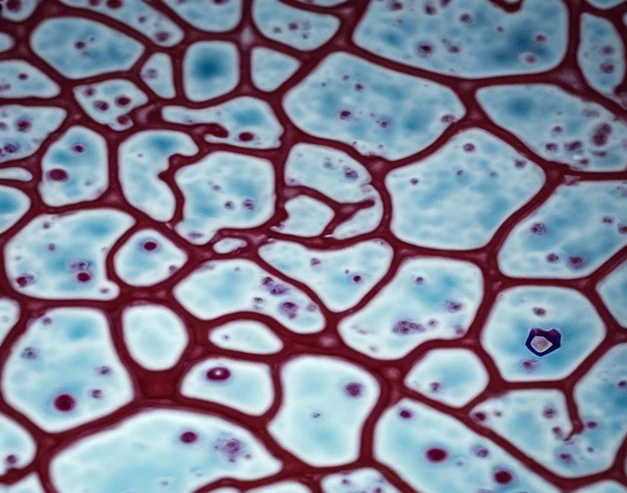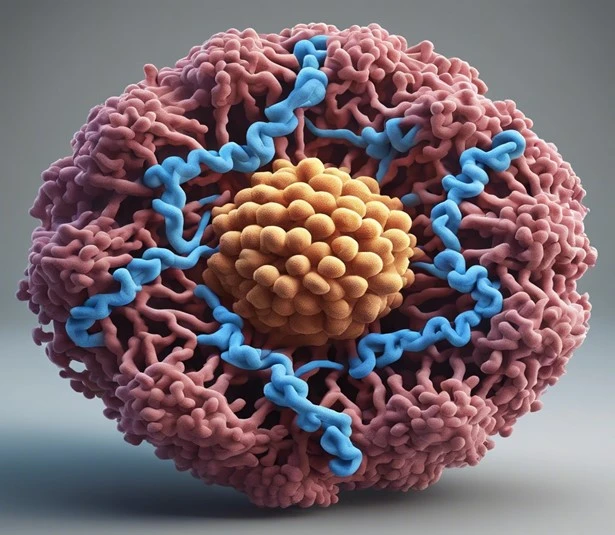This is about the pasteurised milk information that may be suspected of having the H5N1 virus. This is the information report that may give us information and provide details.
Milk is the perfect diet. The role of milk in our body is to provide vitamins and minerals, especially calcium for bone health. Pasteurised milk is the best option for health, as raw milk can potentially cause harmful effects on the body. However, consuming raw milk exposes you to a high concentration of harmful bacteria that can negatively impact your health. This bacterial contamination not only affects your own health, but also the health of your family members. These germs that are in the raw milk are Campylobacter, Brucella, Cryptosporidium, Listeria, E. coli, and Salmonella. We are grateful to the French microbiologist Louis Pasteur; in the 1860s, he introduced the concept of pasteurisation. We use mild heat, usually less than 100 °C (212 °F), in this process to eliminate pathogens and extend shelf life.

US-pasteurized milk has widely tested. At this critical juncture, nine US states have conducted tests on cow milk, revealing highly detrimental outcomes. In April 2024, a worker reported the discovery of the H5N1 virus. This is the virus in the tripping stage, and at the stage of incubation, it may be harmful to the world. There are outcomes and consequences beyond our comprehension. In the United States, 20% of pasteurised milk contains the H5N1 virus, which is concerning. According to the CDC report (Centers for Disease Control and Prevention), the virus H5N1 found in raw milk is not found in the general public, but the risk will always remain. The FDA (Food and Drug Administration) report revealed the presence of HPAI (high-pathogenic avian influenza) in 297 samples. The FDA and CDC recommend avoiding raw milk.

Pasteurised milk from cows is the main source of human milk, especially for infants. The virus H5N1 is in milk at such an alarming stage that prevention is important for keeping the animals away. There is less contentment with the animals keeping us safe from the H5N1 virus. We must analyses the time series data to determine the trend and future perspectives about H5N1. We cannot ignore the WHO and the media at this critical stage; otherwise, the H5N1 viruses will be more harmful than COVID-19 during the incubation stage.
Dr. Abid Hussain Nawaz
Post Doc, PhD, MPhil
You Might Also Like





That’s why Pasteurization is important. We must aware about these viruses.
Thank you for your informative article on pasteurized milk and H5N1 susceptibility! Your writing has helped raise awareness about this important food safety issue. Keep up the great work!”